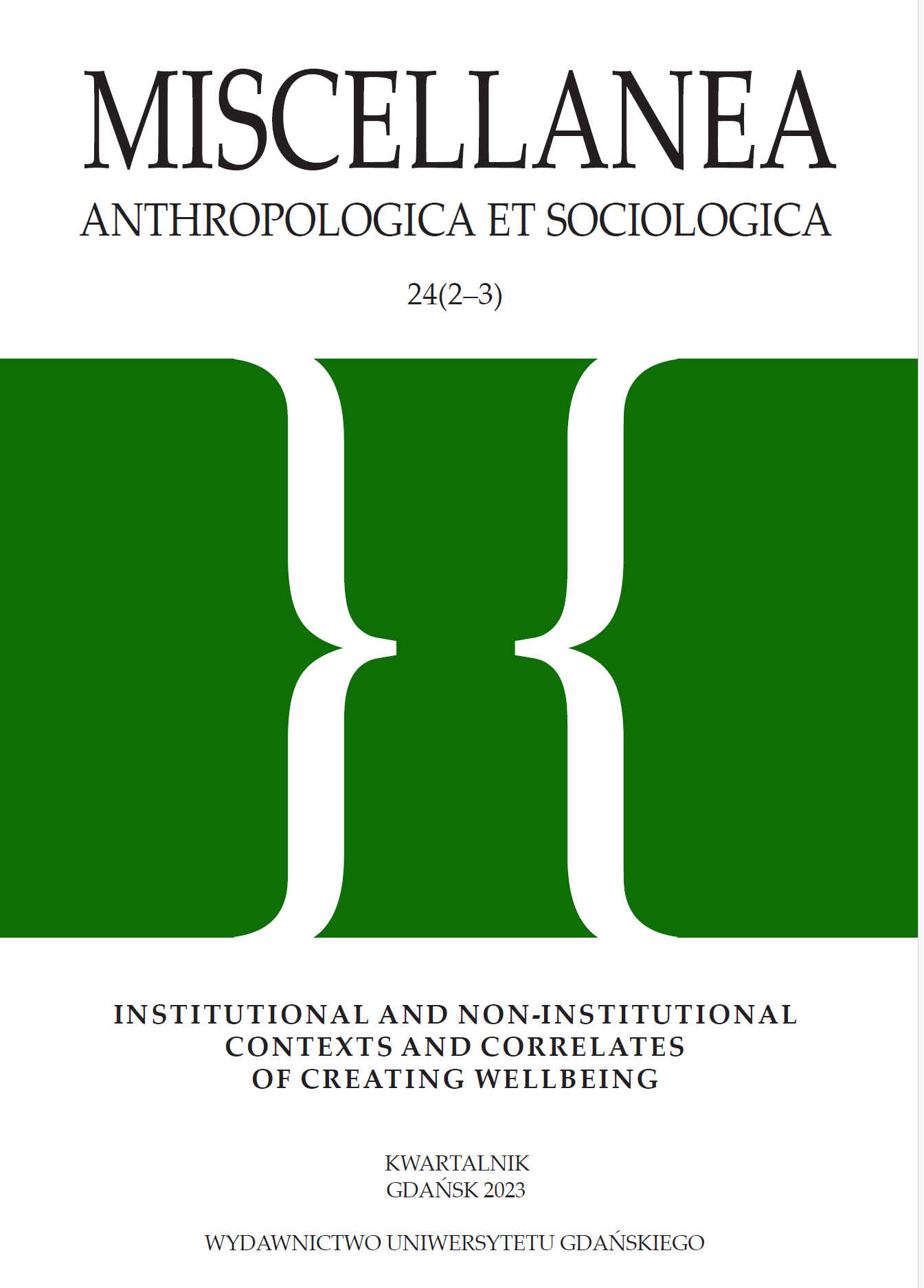Employee Wellbeing. Vocational Activation Programme – Case Study of the “Efficient Worker” Project
Abstrakt
Creating an inclusive organisational culture in the work environment is an increasingly current and even required process. From the point of view of implementing HR policies in the work environment, a catalogue of “good practices” reflecting the organisation’s social (human-related) goals is required. However, the true indicator of an employee’s wellbeing is his or her both mental and physical condition – mutually affecting each other. Individuals with impaired performance are at risk not only of reduced effectiveness at work, but also of poorer wellbeing. The paper will be based on the documentation of the project entitled “Efficient Worker – Measures for Persons with Musculoskeletal Dysfunctions Making It Difficult to Perform Work” co-financed by the European Union from the resources of the European Social Fund, the beneficiary of which is the Prof. Bogusław Frańczuk Małopolski Szpital Ortopedyczno-Rehabilitacyjny in Kraków. The discussion is accompanied by the objective of the program description as well as a practical objective, which constitutes an attempt to assess the correlation between the achieved wellbeing of the Project Participant (the employee returning to work) and the health effects of rehabilitation.

 Uniwersyteckie Czasopisma Naukowe
Uniwersyteckie Czasopisma Naukowe




